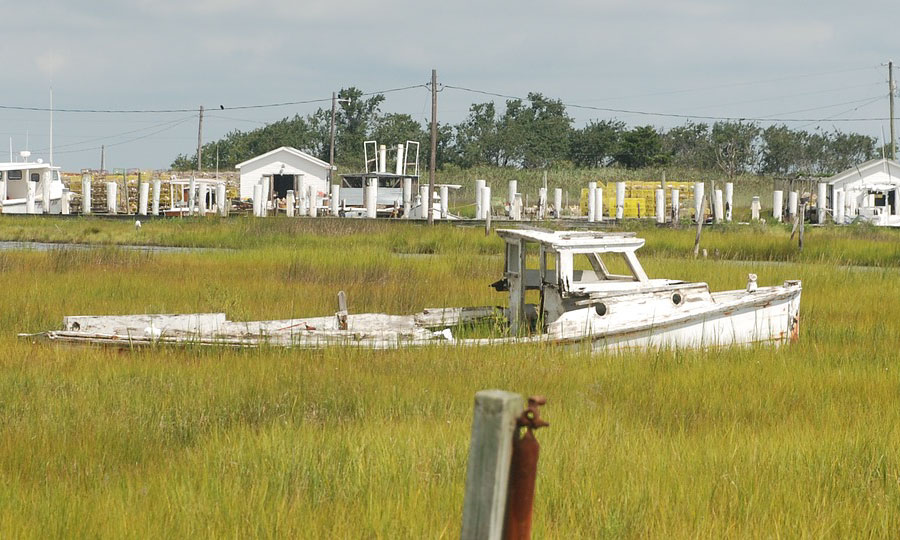
VIRGINIA – A Virginia man was sentenced to 12 months in prison by Senior U.S. District Judge Henry Coke Morgan Jr., after pleading guilty to federal charges relating to the illegal harvest and sale of oysters from Virginia waters.
According to the indictment and information in the public record, Gregory Wheatley Parks Jr., 44, of Tangier Island, Virginia, was the captain of the fishing vessel Melissa Hope. He was aware of the limits set on oyster harvesting, as well as his obligation to accurately report the quantity of oysters harvested to the Virginia Marine Resources Commission (VMRC).
On seven separate dates between Jan. 15, 2015, and March 3, 2015, Parks harvested oysters in excess of the Virginia daily catch limit. He transported those oysters to a fish dealer in Maryland, where he sold them. For each of these trips, Parks falsely reported to the VMRC that he had harvested a legal quantity of oysters. Parks pleaded guilty to one count of Trafficking under the Lacey Act, a federal law that prohibits individuals from transporting, selling or buying fish and wildlife harvested illegally.
The oyster (Crassotrea virginica) is a keystone species in the Chesapeake Bay due to its ability to build reefs that serve as a habitat for numerous fish species. Oysters also improve the Bay’s water quality through filtration. Virginia limits the daily harvest of oysters to eight bushels per registered commercial fisherman for the purpose of conserving the state’s oyster resources. It also requires commercial fishermen to submit daily harvest records to the VMRC that report the amount of oysters harvested.
“The overharvesting of oysters hurts efforts to restore the species’ population after significant decline, harming both the environment and the law-abiding watermen who choose to follow the rules rather than gain an unfair advantage,” said Assistant Attorney General Jeffrey Bossert Clark for the Justice Department’s Environment and Natural Resources Division. “Today’s sentence demonstrates that people who choose to illegally exploit this valuable resource for personal gain will face the criminal law consequences Congress has ordained.”
“The oyster is a species integral to both the ecosystem and the economy of Virginia and the greater Chesapeake Bay region,” said G. Zachary Terwilliger, U.S. Attorney for the Eastern District of Virginia. “In choosing to disregard regulations established with a conscious eye towards preserving a population that has seen significant decline, Parks’ conduct threatened to impact not just the efforts to protect that resource, but also people whose livelihoods are connected to the oyster fishery.”
“The U.S. Fish and Wildlife Service Office of Law Enforcement proudly protects our nation’s wildlife and wild places for the continuing benefit of the American people,” said Edward Grace, Assistant Director of the U.S. Fish and Wildlife Service, Office of Law Enforcement. “Overharvest of aquatic ecosystems is a serious crime that hurts native species, local communities and the economy. By complying with laws that protect wildlife, the American public can help conserve our nation’s natural resources for generations to come.”
The investigation was conducted by the U.S. Fish and Wildlife Service’s Office of Law Enforcement, with assistance from the Maryland Natural Resources Police and the Virginia Marine Police. This case was prosecuted by Trial Attorney Lauren D. Steele of the Justice Department’s Environment and Natural Resources Division’s Environmental Crimes Section and Assistant U.S. Attorney Joseph L. Kosky for the Eastern District of Virginia.



Comments are closed.